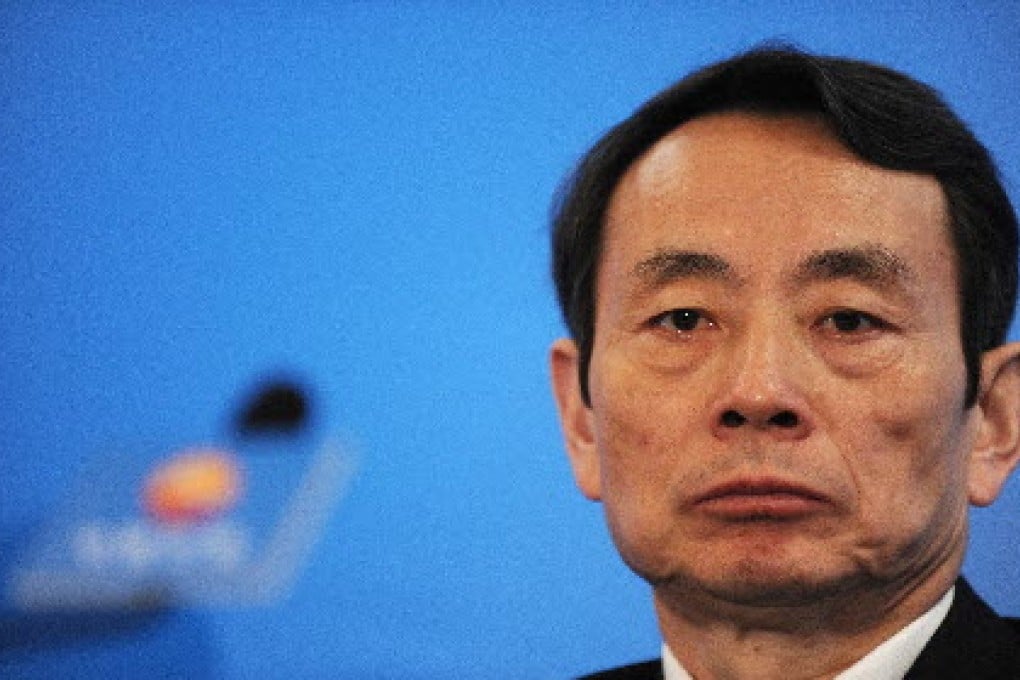Opinion | Action on CNPC signals Beijing's resolve to hit corruption hard
Hu Shuli says the Politburo's launch of a new five-year plan to tackle corruption, just ahead of a key meeting on reform, is significant

First, the Central Commission for Discipline Inspection announced that CNPC deputy general manager Wang Yongchun was being investigated for gross violation of party discipline. A day later, the State-owned Assets Supervision and Administration Commission (Sasac) said newly promoted deputy general manager Li Hualin, along with two PetroChina senior executives, Ran Xinquan and Wang Daofu, had been relieved of their duties pending a disciplinary probe. The sacking of four senior management employees in one go was a first in the history of China's state-owned enterprises.
The market reacted accordingly: in one day, some HK$21.7 billion was wiped off the market value of CNPC's two listed companies, PetroChina and Kunlun Energy.
At a press conference held that day, CNPC officials made a point of stressing that the investigation was no less serious than the one on Bo. Just when speculation was heating up about details of the misconduct, the bombshell dropped that the head of Sasac itself, former CNPC chairman Jiang Jiemin , has also been placed under investigation. Jiang is the first Central Committee member of the 18th party congress to be purged.
The launch of the campaign signals leaders’ belief that cleaning up the government is a key step
There's no ignoring the broader picture of this targeted campaign. On August 28, the Politburo endorsed a new five-year plan on fighting corruption. Nine months after a new generation of leaders took power, the government is showing that it not only understands the urgency of tackling the problem, but it also has come to some consensus on how to do it - by building an effective system of controls.
In China, sadly, corruption is a "low-risk, high-profit" venture that, as it grows more widespread, has become more inventive and less visible in practice. The sums at stake have also grown larger.
